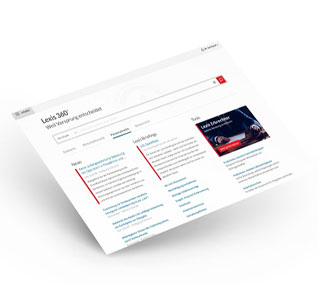Germany is by far the most important Austrian export market. One third of total domestic exports go to Germany. Half of that volume is attributable to the industrial sector, in particular the supply and construction of machinery. In this context, the automotive supply industry plays an important role. From a tax point of view, such long-term contracts may constitute a permanent establishment as per the provisions of the tax treaty between Austria and Germany, allowing the source state to tax the profits attributable to a permanent establishment. Although the tax treaty provision for allocation of business profits follows Art 7 OECD Model Tax Convention (OECD MC) as it read before the update 2010, Germany implemented the new version of Art 7 OECD MC as it read after the update 2010 into domestic German law and insists on applying the “authorized OECD approach" in relation to all its contracting states even if the tax treaty does not contain the new version. The Austrian Ministry of Finance in general expressed its view to use the previous version of Art 7 OECD MC and the related commentary that was included into the OECD MC before the 2010 update. The result is double taxation in relation to Germany. Stefan Bendlinger and Thomas Wipfler analyze the issue from a practical point of view and conclude that the appropriate allocation of business profits in the machinery and plant construction industry between the two states urgently needs to be untied from mutual agreement procedures, arbitration, and/or appeal procedures.

